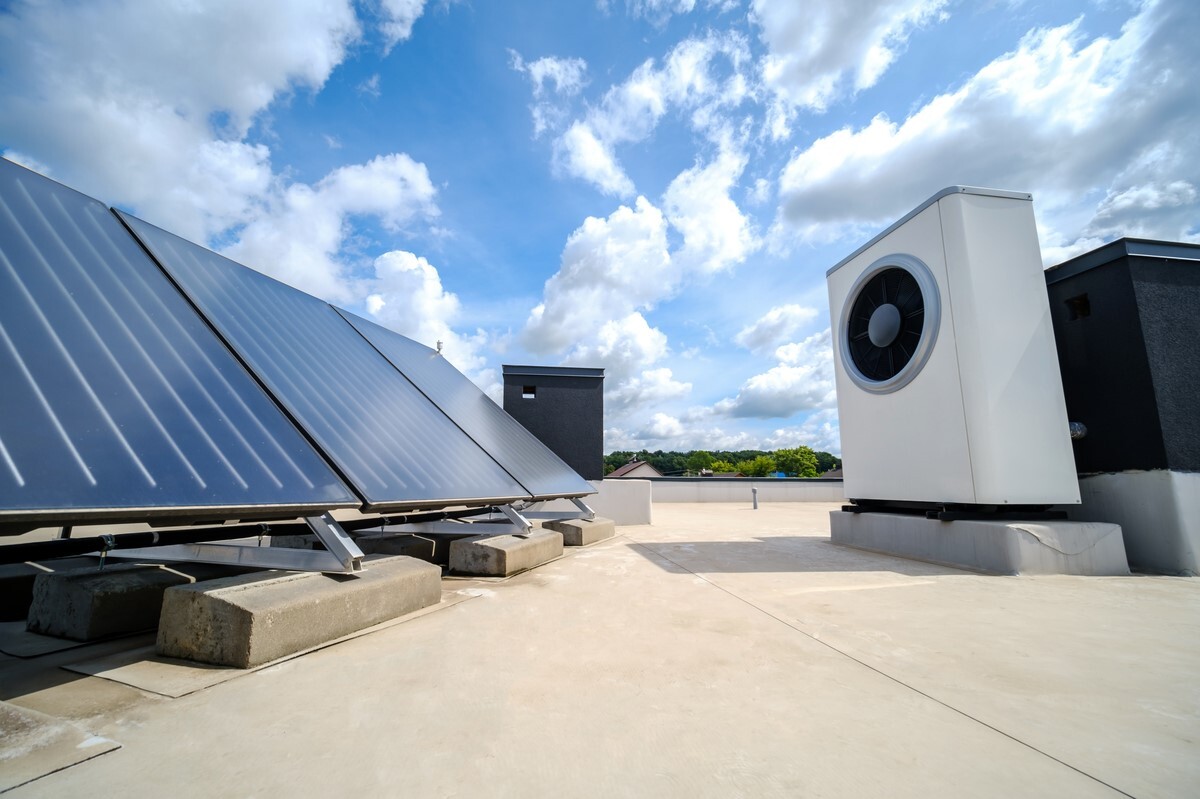

Britain is yet again at a turning point in its climate journey, with the Climate Change Committee (CCC) laying down a bold and urgent roadmap to hit net zero by 2050. The message is clear: ditch fossil fuels, embrace electric vehicles and heat pumps, and rethink diets — all while unlocking new economic opportunities.

Ambitious climate targets
The CCC’s latest carbon budget doesn’t pull any punches — in its seventh carbon budget, the CCC has outlined the need for Britain to reduce greenhouse gas emissions by 87 per cent compared to 1990 levels by 2040, a crucial step towards meeting its net zero target. This updated goal builds upon Prime Minister Sir Keir Starmer’s pledge at last year’s UN COP29 climate summit, where Britain committed to cutting emissions by 81 per cent by 2035. The country’s recent submission to the United Nations climate body in January 2025 further detailed the measures being taken to achieve these targets.
The momentum gained from closing Britain’s last coal plant in October 2024 — a historic milestone making Britain the first G7 nation to eliminate coal-fired power. Uniper’s CEO, Michael Lewis, called it a beacon for the world, a signal that clean energy is not just possible — it’s happening right now.
Powering up transportation for long-term change
By 2040, 80 per cent of cars on British roads need to be fully electric, which means nearly every new car sold by 2030 must be electric. But it doesn’t stop there. Over half of British homes should be heated by heat pumps by 2040 — a massive leap from the current 1 per cent.
With transport and heating going electric, the demand for clean electricity is set to double by 2040. The government is going all in on renewables, aiming to decarbonise the power grid and cut reliance on imported energy. The payoff? Lower energy bills. According to the CCC, households could save an average of EURO 700 (USD 883.82) a year by 2050.
Responses








